Governance and Civics Worksheets for Ages 5-8
51 filtered results
-
From - To
Discover our engaging Governance and Civics Worksheets designed specifically for children aged 5-8! These worksheets provide young learners with a foundation in understanding the basics of governance, community roles, and civic responsibility. Through fun activities, interactive questions, and creative illustrations, kids will explore essential concepts such as rules, leaders, and the importance of working together in their communities. Perfect for home or classroom use, our printable resources encourage critical thinking and promote civic awareness. Help your child build a solid understanding of how society functions and their role within it with our thoughtfully crafted worksheets!
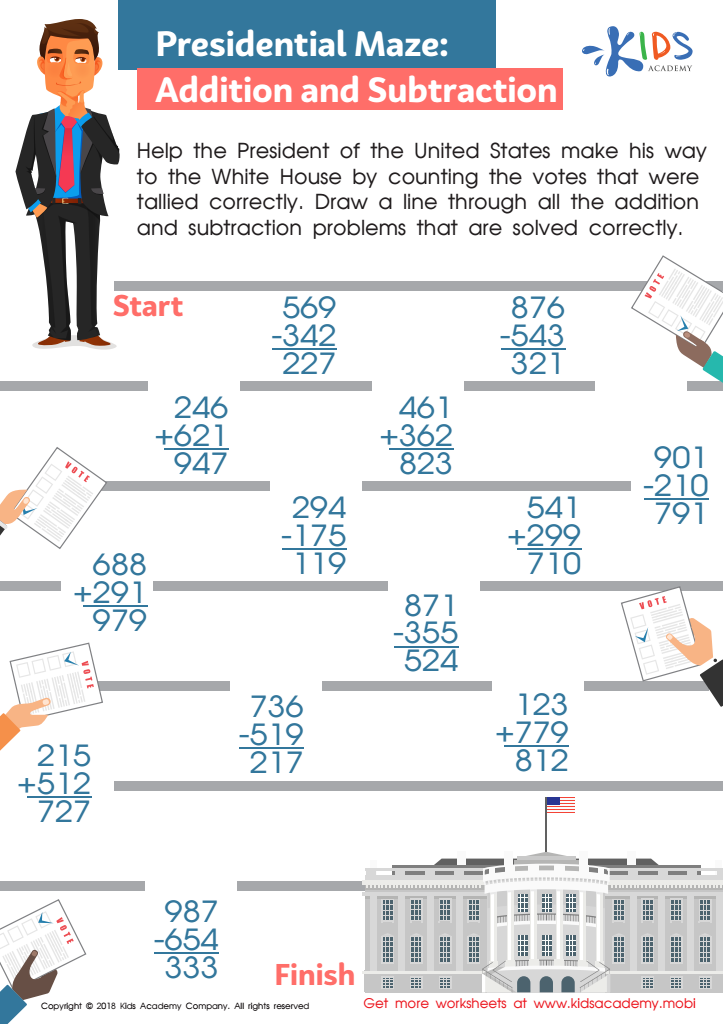

Presidential Maze: Addition and Subtraction Worksheet


The Constitution Worksheet


Bill of Rights Worksheet


White House Worksheet
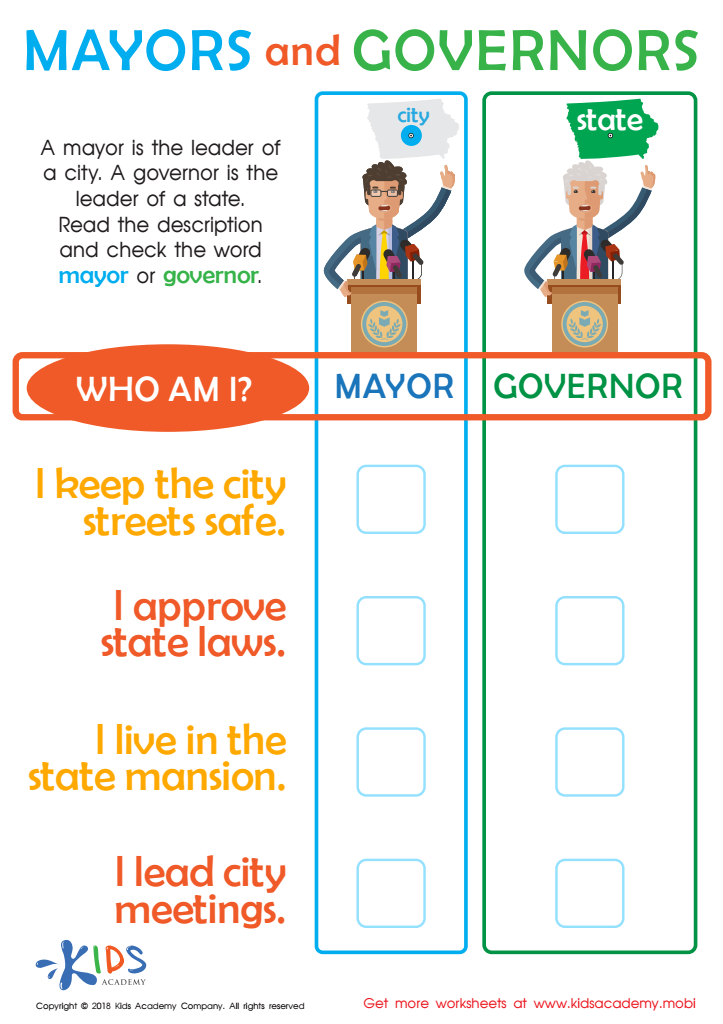

Mayors and Governors Worksheet
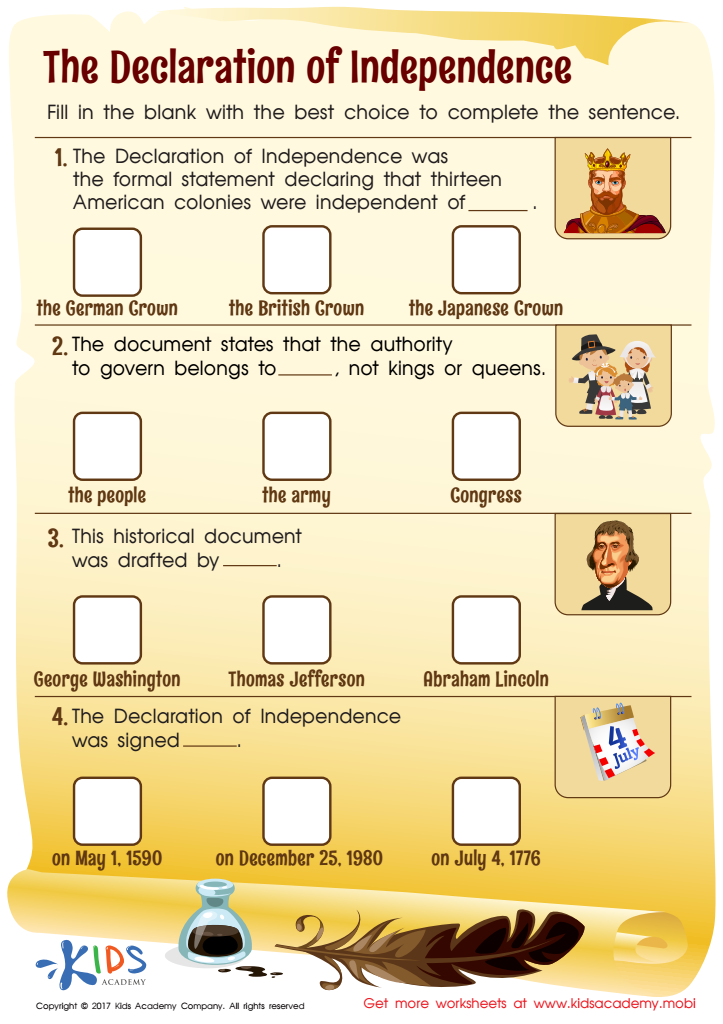

Declaration of Independence Worksheet
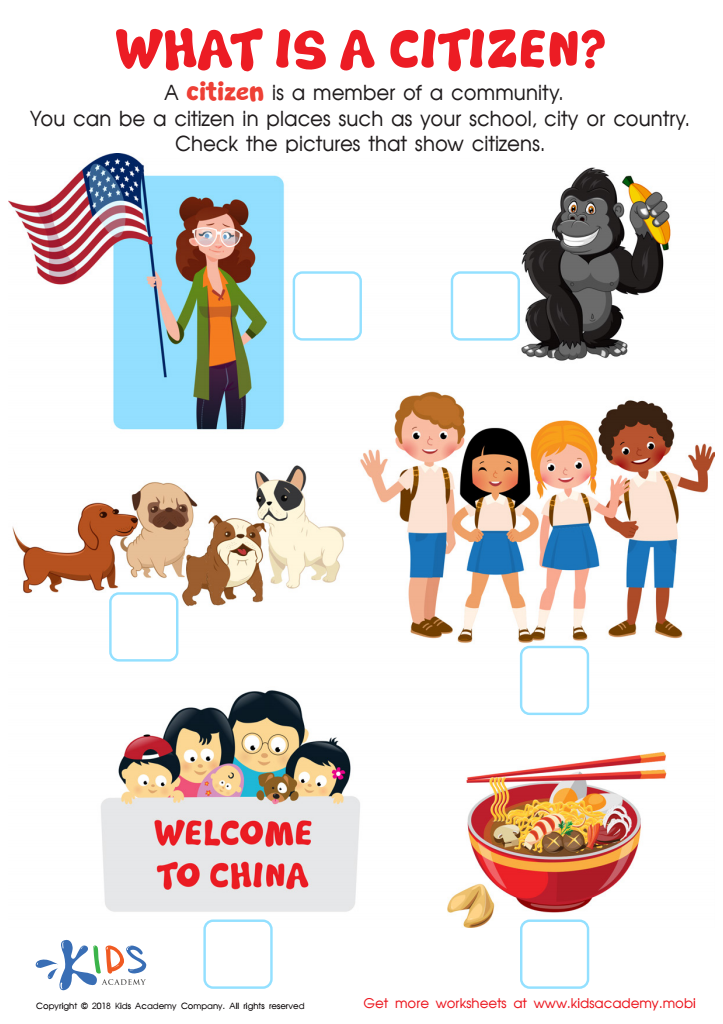

What is a Citizen? Worksheet
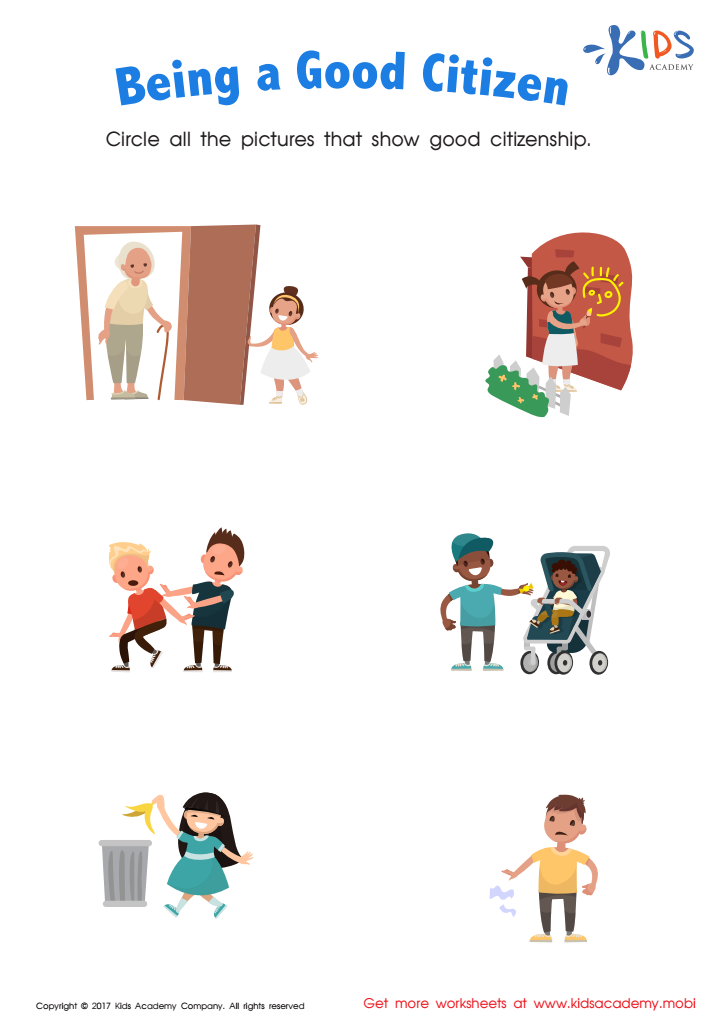

Being a Good Citizen Printable
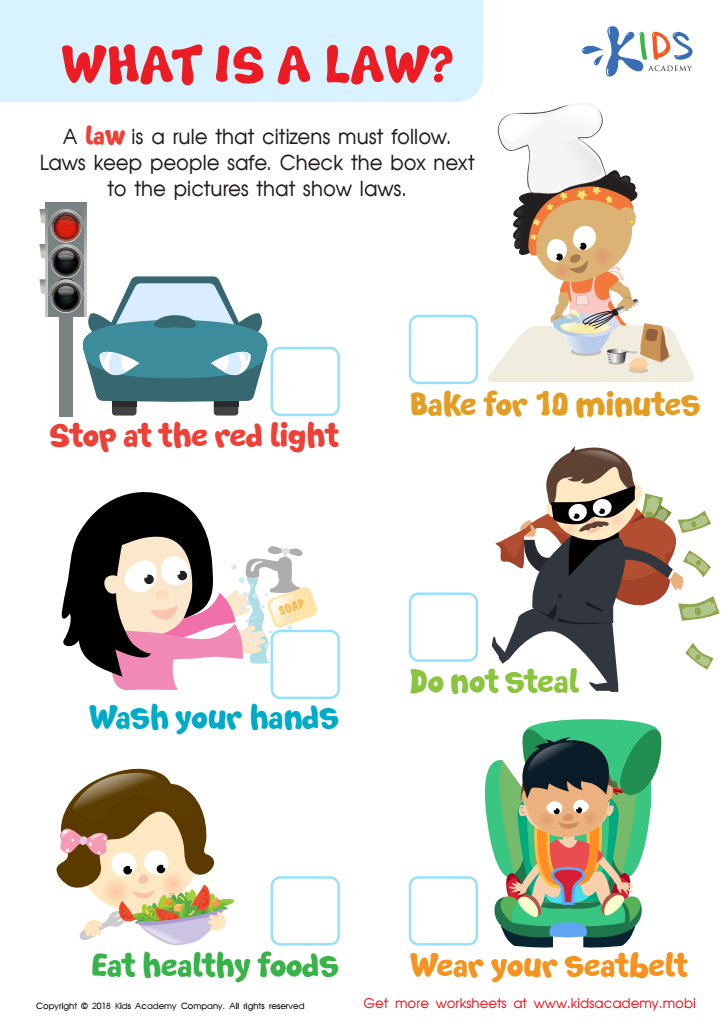

What is a Law? Worksheet
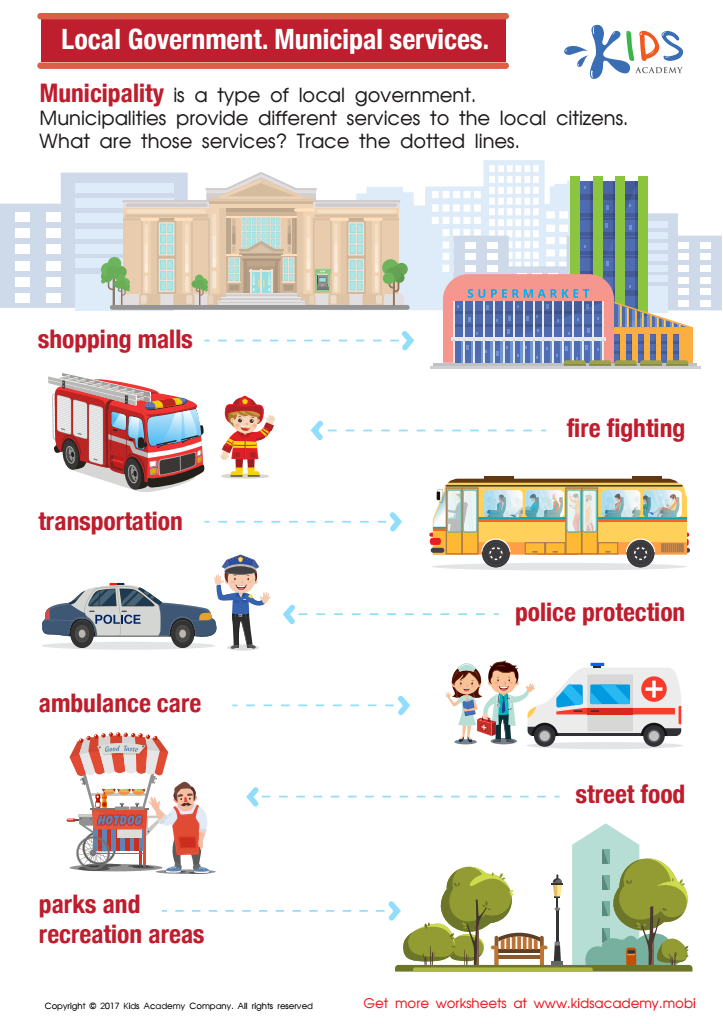

Local Government Worksheet
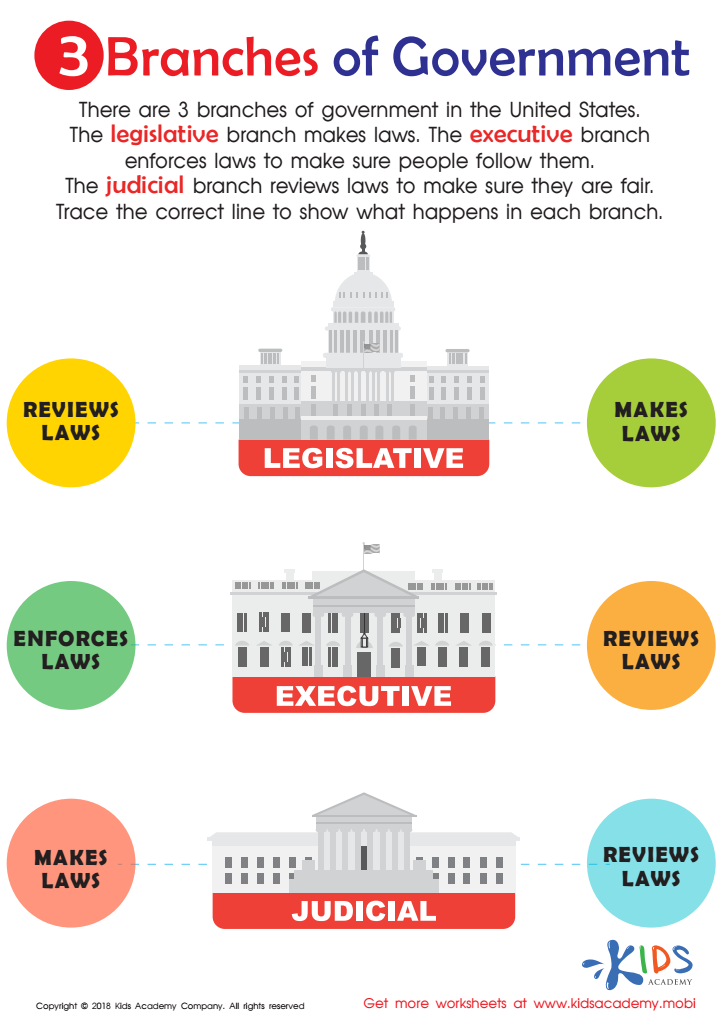

3 Branches of Government Worksheet
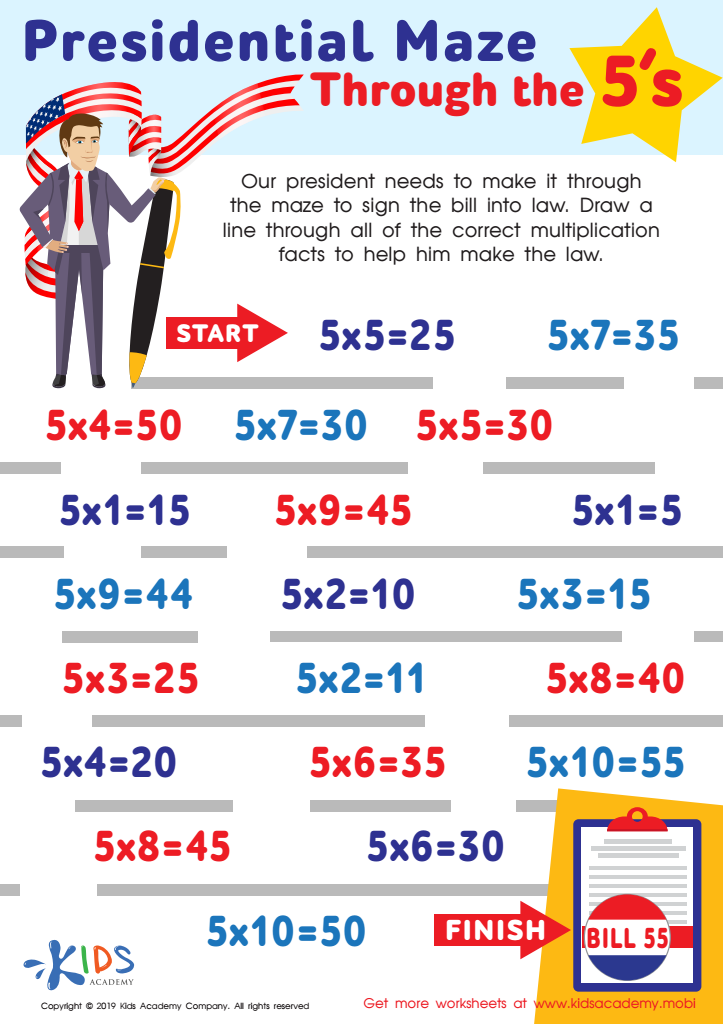

Presidential Maze Through the 5’s Worksheet
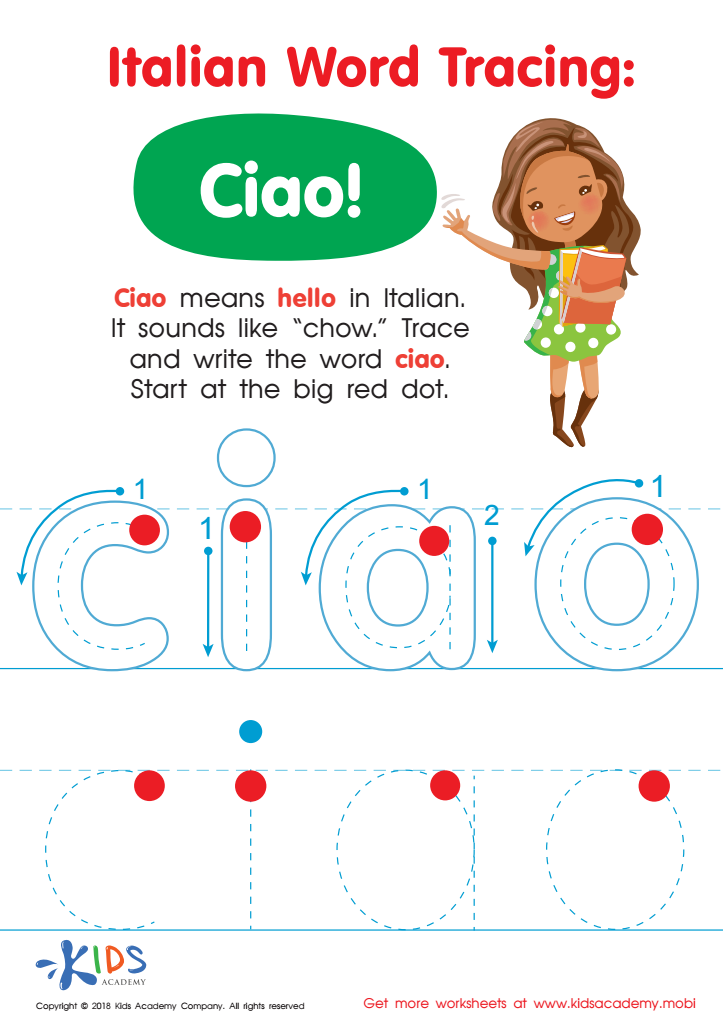

Italian Word Tracing: Ciao Worksheet
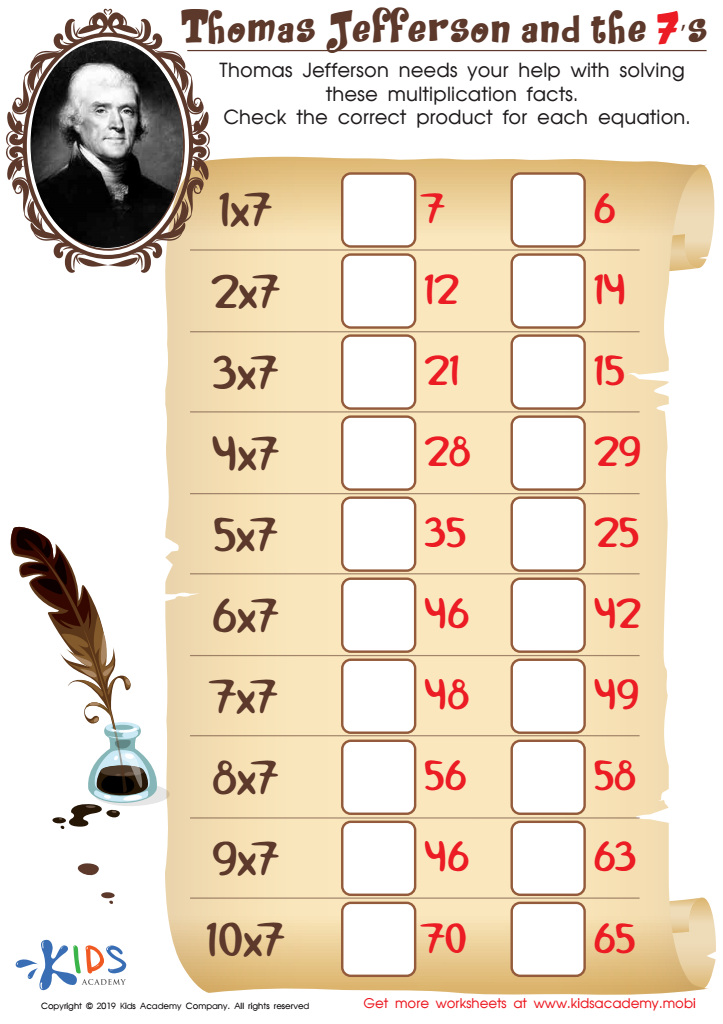

Thomas Jefferson and the 7’s Worksheet


French Word Tracing: Bonjour Worksheet
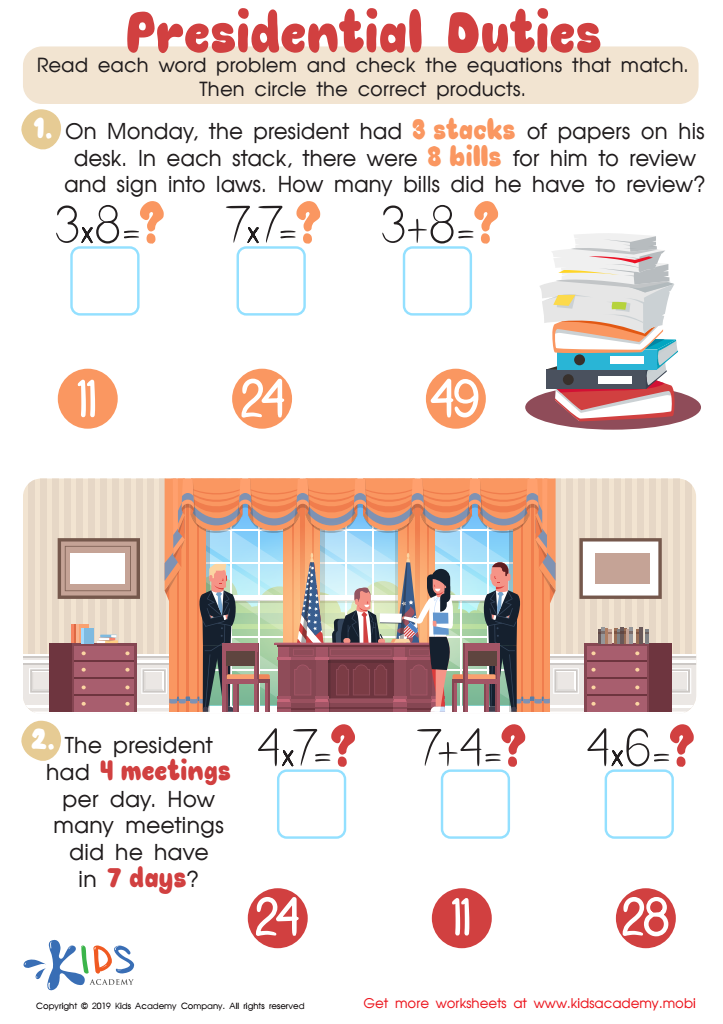

Presidential Duties Worksheet
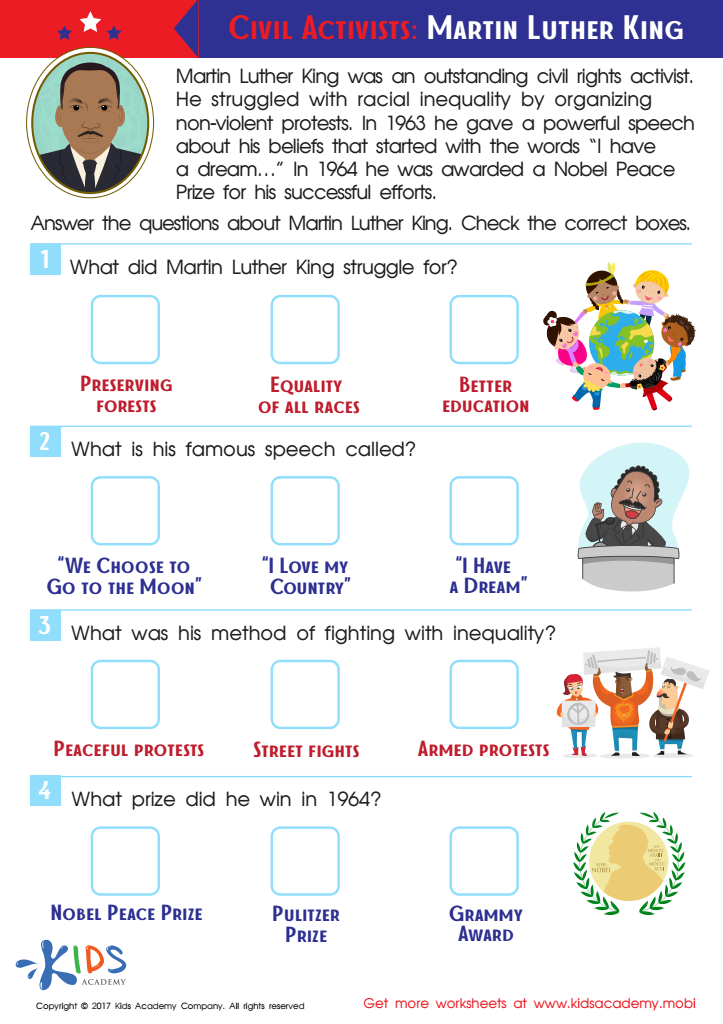

Martin Luther King Worksheet
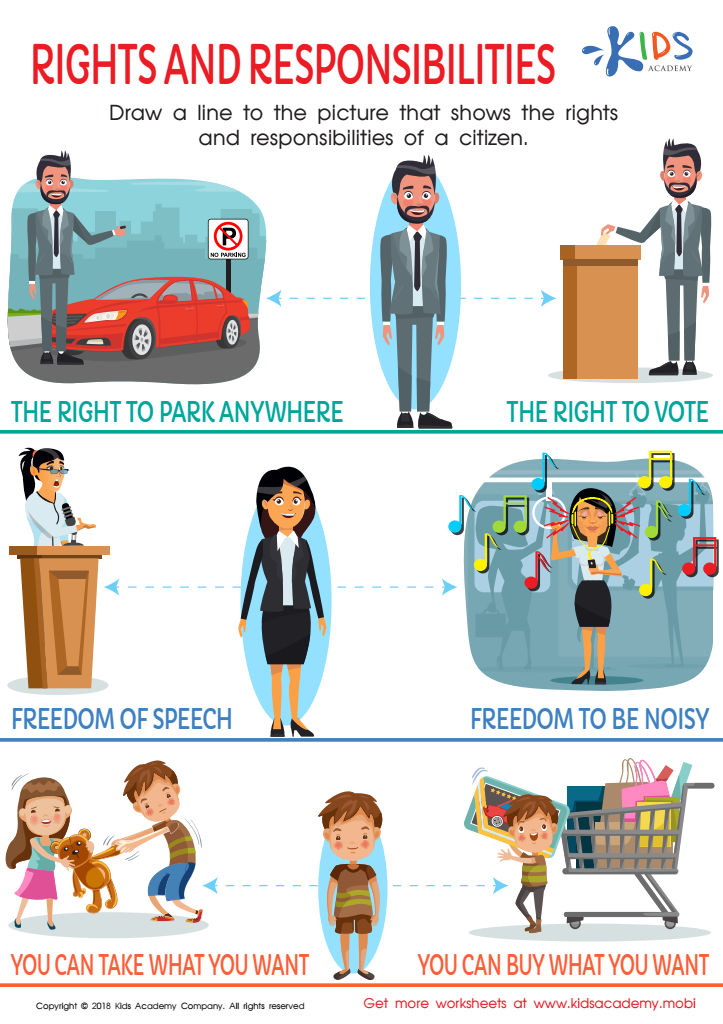

Rights and Responsibilities Worksheet
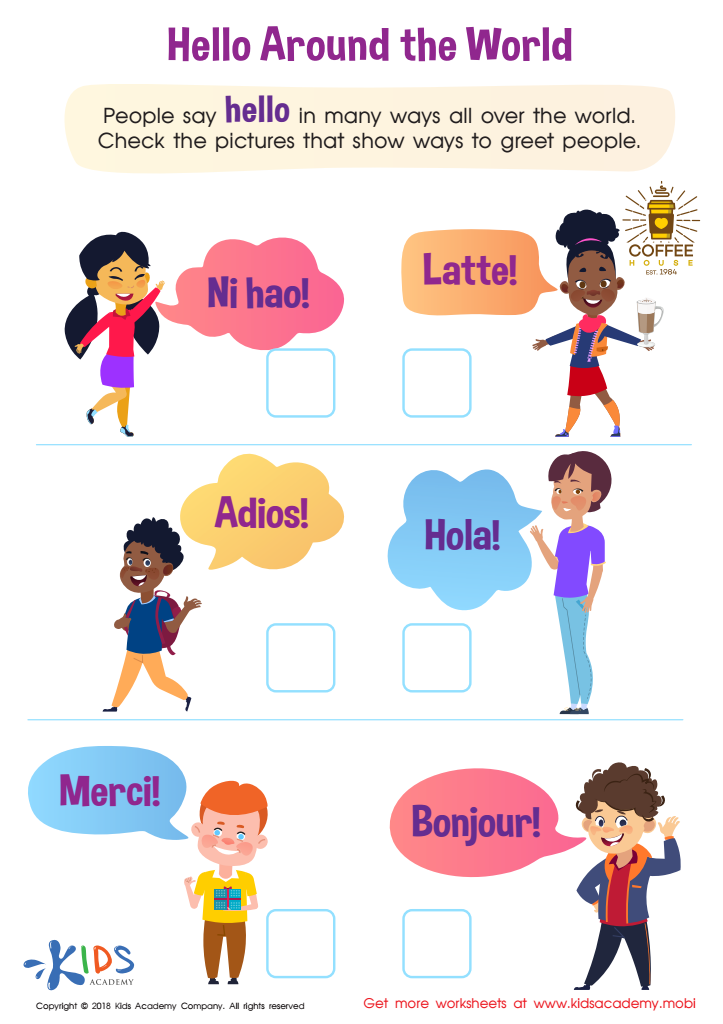

Hello Around the World Worksheet
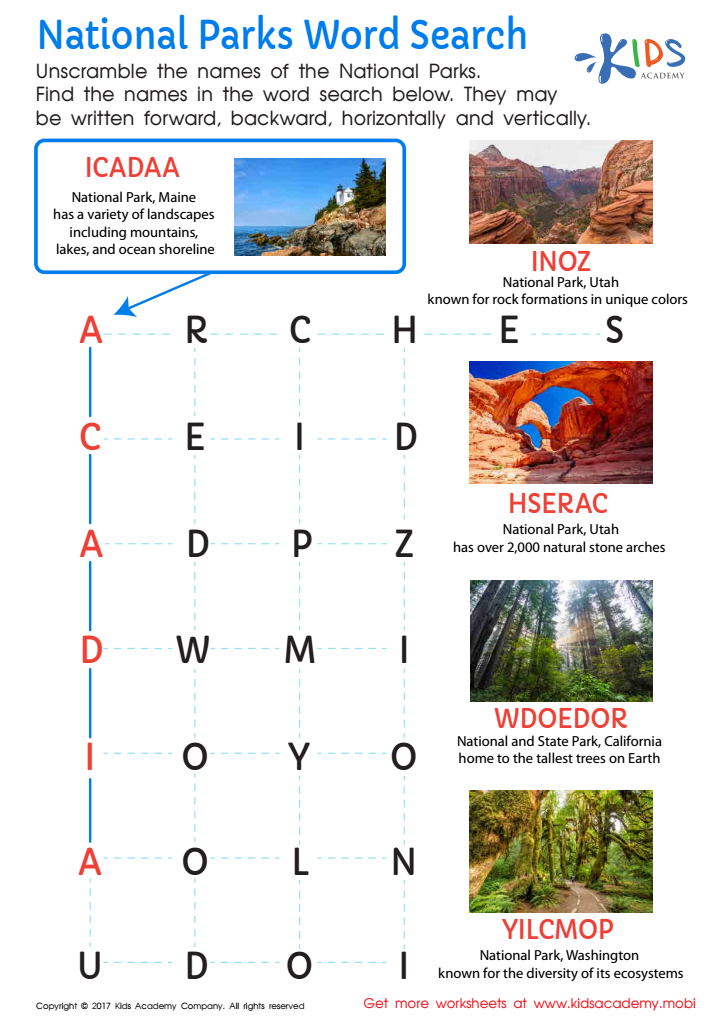

National Parks Word Search Worksheet
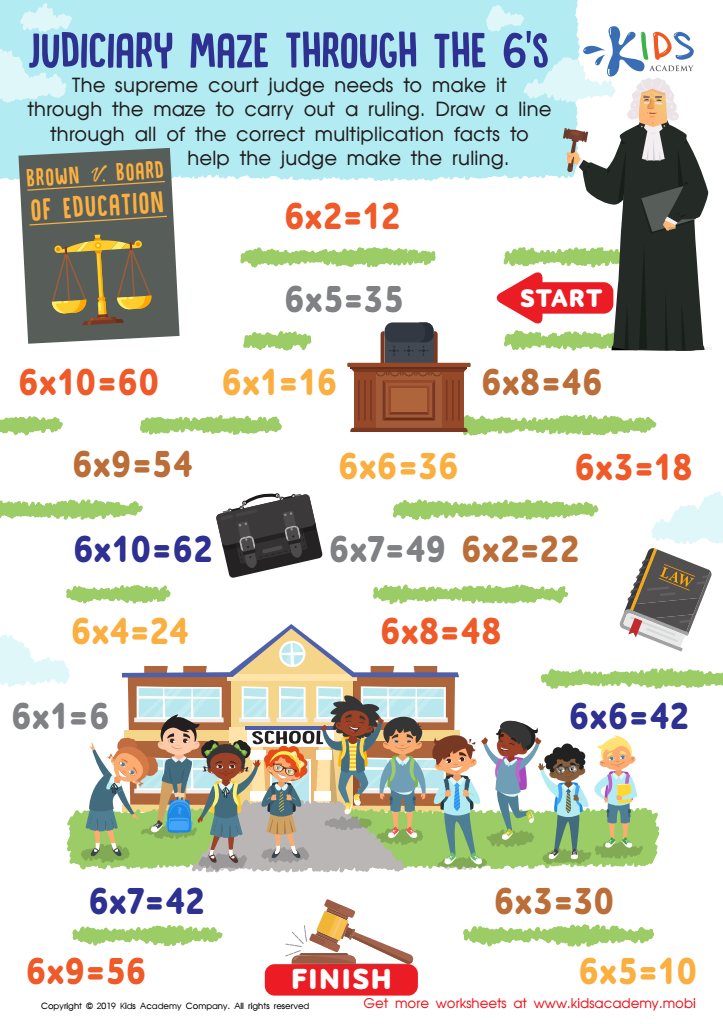

Judiciary Maze Through The 6’s Worksheet
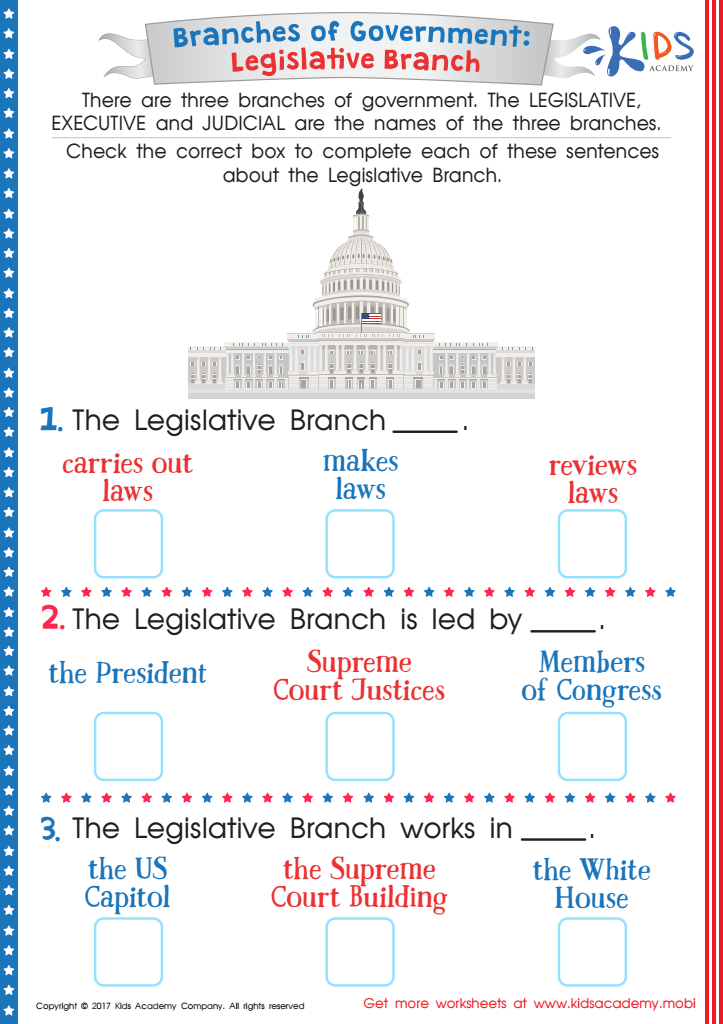

Branches of the Government: Legislative Branch Worksheet
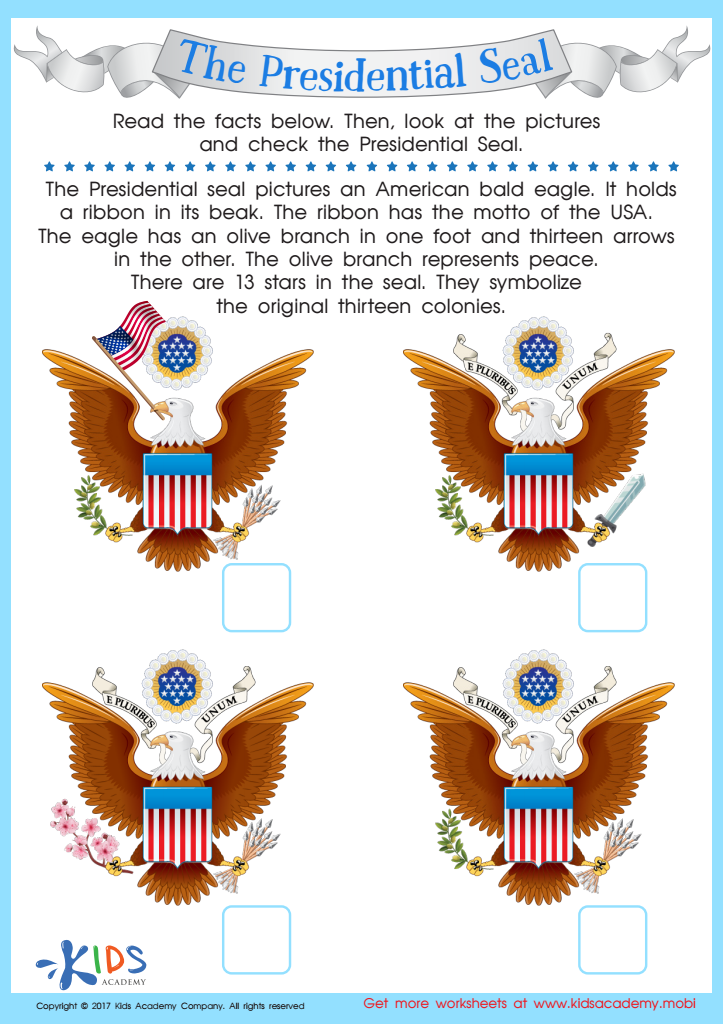

The Presidential Symbol Worksheet
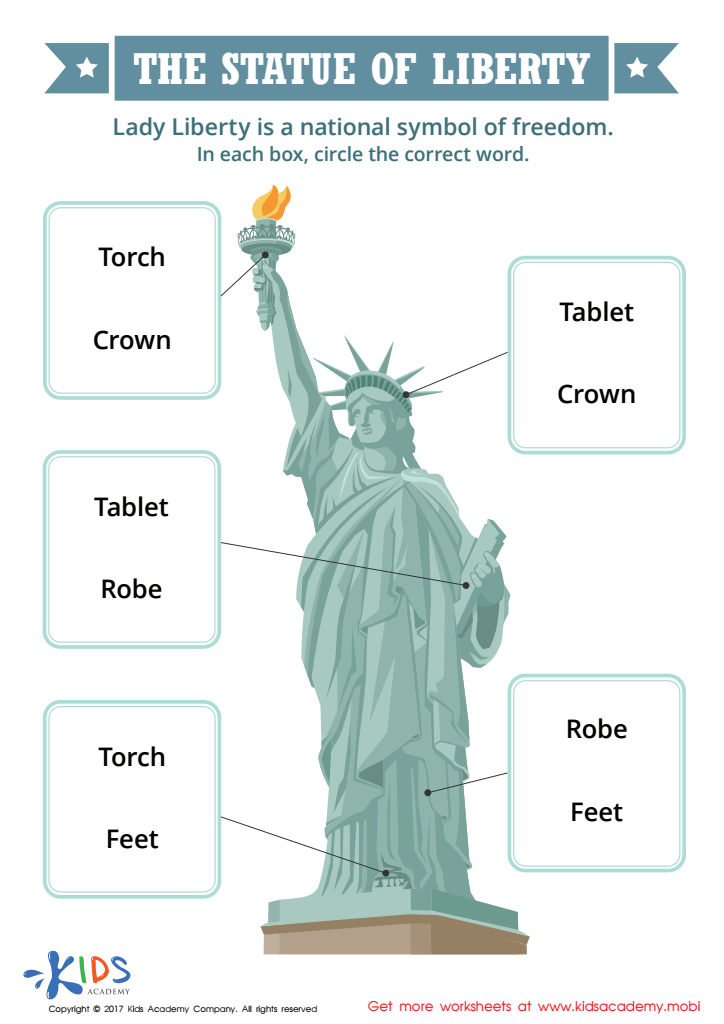

The Statue of Liberty Printable
Governance and civics education for children ages 5-8 is crucial for fostering informed, responsible future citizens. At this young age, children begin to develop core social skills and values that can shape their understanding of society. Introducing concepts of governance, such as rules, fairness, and cooperation, helps them navigate their environment and relate to peers.
Teaching civics empowers children to understand their roles and responsibilities within their families, classrooms, and communities. For instance, when kids comprehend the importance of rules and decision-making, they cultivate respect for authority and the ability to engage in constructive dialogue. Such skills promote empathy and help them appreciate diversity and inclusion, creating a more harmonious social atmosphere.
Moreover, early exposure to governance and civics encourages critical thinking and active participation. They learn about the importance of community service, leadership, and how their voices matter. By engaging children in discussions about rights, responsibilities, and community roles, parents and teachers lay the groundwork for future civic engagement.
In summary, emphasizing governance and civics helps children develop essential life skills, nurtures responsibility, and builds a foundation for informed citizenship, making it vital for parents and teachers to prioritize these lessons early on.

 Assign to My Students
Assign to My Students










